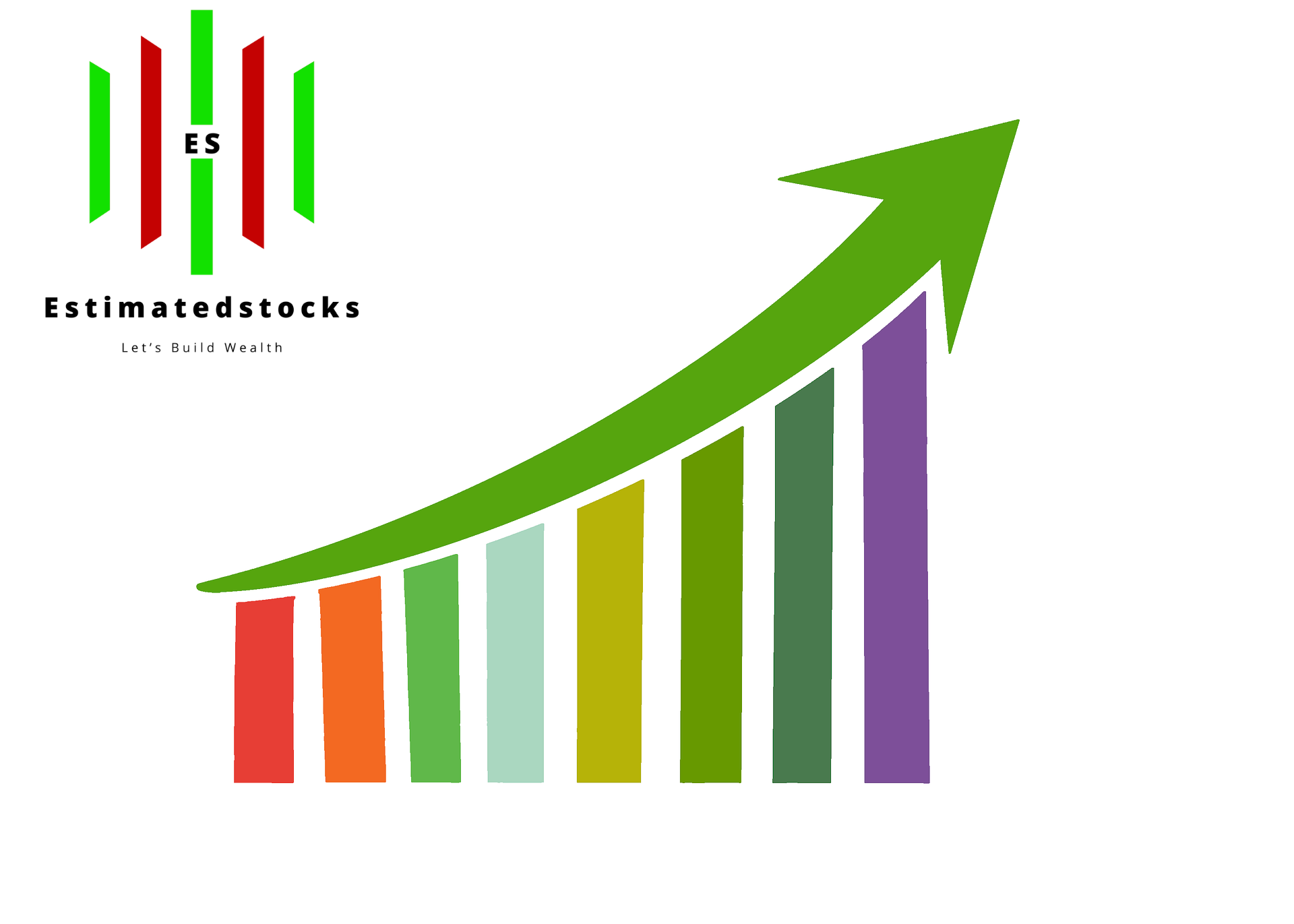China's investment outlook downgrade and the rise of funds excluding China reflect a major shift. Investors face political, economic uncertainties, and are seeking stable opportunities.
China's Investment Appeal Diminishes Amid Rising Volatility and Economic Concerns
Recent shifts in investment strategies highlight growing concerns about China's economic outlook and its implications for global investors. The decision to downgrade China's stock market from "overweight" to "neutral" reflects a broader reevaluation of the country's investment potential. This move is driven by a confluence of factors, including heightened political volatility surrounding the upcoming US elections, ongoing growth challenges, and a perceived lack of effective policy responses from Beijing.
Impact of US Elections on Investment Sentiment
One of the primary reasons for the downgrade is the anticipated volatility related to the US presidential election in November. Analysts are increasingly wary of the potential for renewed trade tensions between Washington and Beijing, which could negatively impact Chinese equities. Historically, elections in major economies like the US often introduce a degree of uncertainty into global markets, particularly if there are signals of a more aggressive trade stance. The potential for such a scenario could further dampen investor sentiment towards Chinese stocks.
Economic Growth Challenges and Policy Response
China's economic challenges have been a major concern for investors. Despite various policy measures introduced by the Chinese government to stimulate growth, the effectiveness of these interventions has been questioned. Recent data and reports suggest that the steps taken have been insufficient to significantly alter the trajectory of the country’s economic slowdown. The persistence of structural issues, combined with external economic pressures, has led to a generally underwhelming performance of the Chinese economy.
The lack of robust policy support, coupled with the slow pace of economic reforms, has further contributed to the cautious outlook on Chinese equities. Investors are increasingly scrutinizing the Chinese government’s ability to implement effective strategies that can address both immediate economic challenges and long-term structural issues.
Rise of Emerging-Market Funds Excluding China
In response to these concerns, there has been a notable shift in investment preferences within the emerging markets sector. New equity funds that specifically exclude China have been gaining traction among investors. This year alone, as of September 4, 19 emerging market equity funds excluding China have been launched, matching the total number of such funds for all of 2023. This trend indicates a growing preference for investment opportunities outside of China, driven by the search for better returns and more stable economic environments.
The rise of these funds reflects a broader strategic pivot by investors who are increasingly looking to diversify away from China in light of the current economic and political uncertainties. By excluding China from their portfolios, investors are aiming to mitigate risk and capitalize on growth opportunities in other emerging markets that might offer more favorable conditions.
Independent Analysis & No Investment Advice EstimatedStocks AB is an independent financial research platform. This publication is ...
Author
Shaik K is an expert in financial markets, a seasoned trader, and investor with over two decades of experience. As the CEO of a leading fintech company, he has a proven track record in financial products research and developing technology-driven solutions. His extensive knowledge of market dynamics and innovative strategies positions him at the forefront of the fintech industry, driving growth and innovation in financial services.


